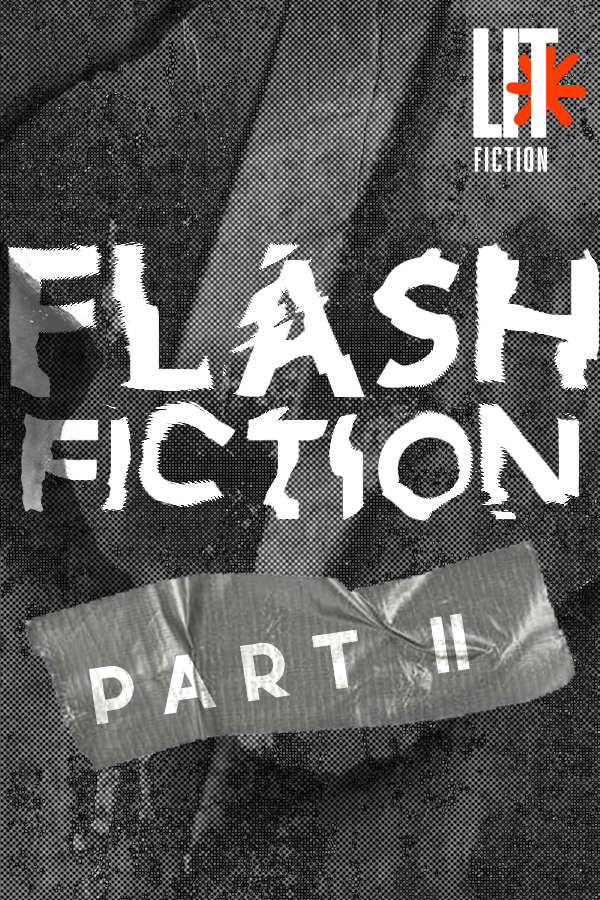In this week’s episode, Joey, Colin, and Jennifer dive into the second part of their Flash Fiction series, focusing on short, yet impactful, stories from George Saunders, Hugh Benham Steinberg, and Franz Kafka. Among the discussed works is Kafka’s ultra-brief, yet poignant, story “Give It Up,” a haunting exploration of confusion and the search for guidance in a disorienting world.
Our Thoughts
Joey begins by drawing connections between “Give It Up” and The Wanderer, an Old English poem. He notes that the protagonist of Kafka’s story, much like the knight in The Wanderer, seeks guidance from an authoritative figure. Joey also touches on the element of existential confusion, where the systems we rely on for direction, like law and order, fail to offer meaningful answers.
“Something that is super interesting is that this unnamed person is seeking out an authoritative figure to sort of guide his way… which in this case is law and order, basically, to guide his way and show him the correct path to go on.”
— Joey
Jennifer reflects on the story’s existential implications and its commentary on time. She interprets the protagonist’s comparison of his watch to the clock tower as a metaphor for life passing by, with the policeman’s cryptic laughter serving as a cruel reminder that no one else can provide the answers to life’s uncertainties.
“Your life is so much shorter than you think it’s going to be, and asking another person is not the route to getting you to where you need to go.”
— Jennifer:contentReference[oaicite:1]{index=1}
Colin offers a historical perspective, linking Kafka’s work to the broader societal collapse of traditional authorities during the early 20th century. He suggests that the policeman represents the loss of traditional religious and societal authority, with Kafka using this figure to critique the futility of relying on such systems in a modern, disordered world.
“The policeman’s laughing because the authorities have lost their authority. There’s now this sense of this universe as no longer being designed or directed—it’s now kind of random.”
— Colin:contentReference[oaicite:2]{index=2}
Key Themes
- Existential Confusion: The protagonist’s disorientation and the cryptic response from the policeman highlight Kafka’s recurring themes of alienation and the search for meaning in a bewildering world.
- Time and Mortality: The comparison between the protagonist’s watch and the tower clock serves as a metaphor for the passage of time and the fear of mortality.
- Authority and Absurdity: The policeman’s dismissive laughter critiques the idea of relying on societal systems for guidance, suggesting that such institutions may be just as lost as individuals.
Conclusion
Kafka’s “Give It Up” is a brief yet impactful meditation on time, authority, and the existential dilemmas of modern life. Through the discussion, Joey, Colin, and Jennifer explore how the story’s ambiguous ending and profound themes reflect Kafka’s critique of societal structures and the human condition.

